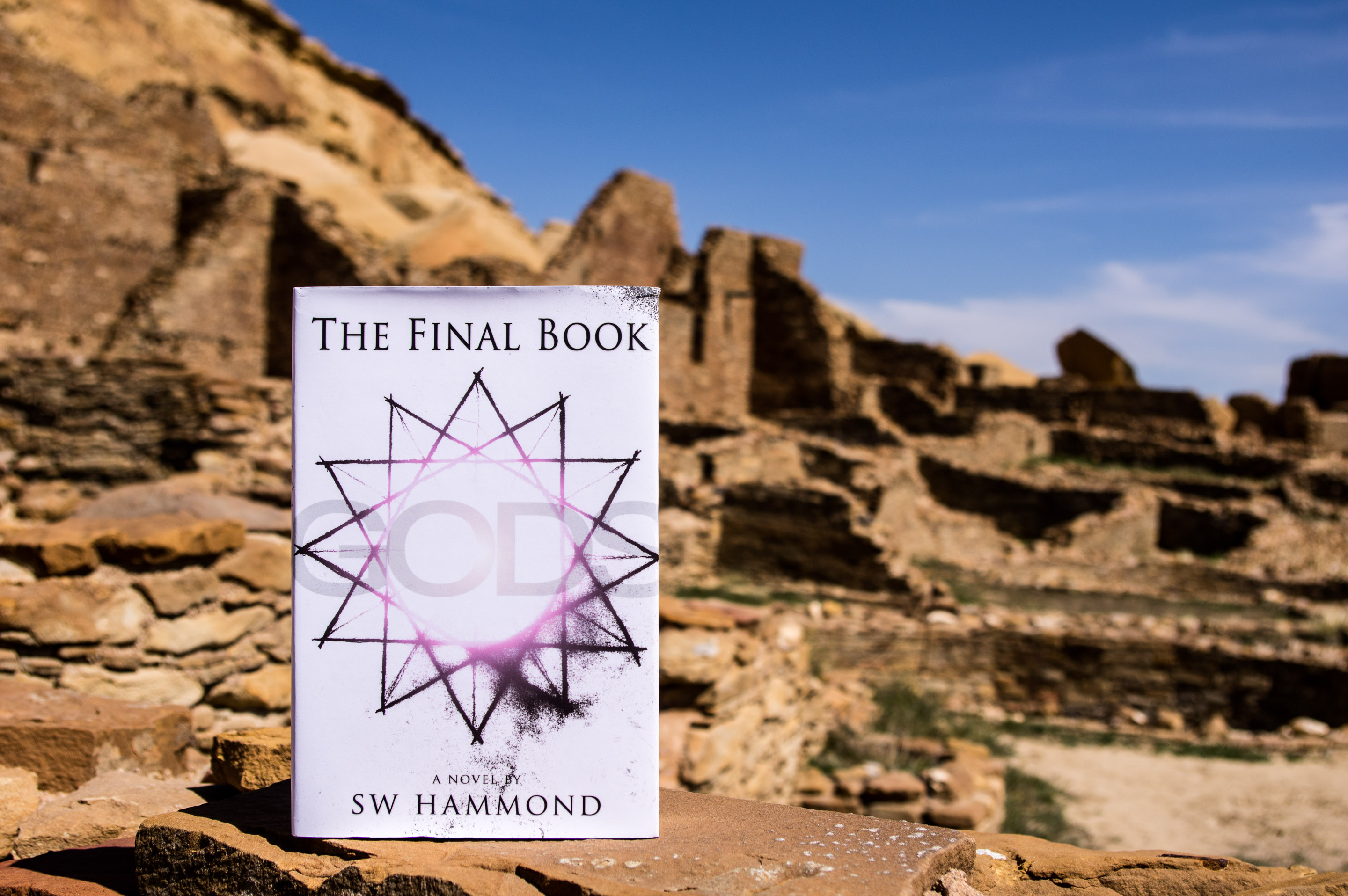What Makes A Book Worth Reading?

Recently I contributed some thoughts on a series of questions revolved around what makes a book worth reading. It's a subjective question but I think there are a few core principles that the most enduring stories share; namely a strong stirring of beliefs, desires, and emotions.
What makes a book worth reading? In short, a connection with the characters. Characters are the most identifiable element of a novel. The more well developed they are, the more engrained any other philosophical principle the books strives to make will be become. Books that challenge or reinforce the beliefs and desires of the reader, then evoke an emotional connection within its characters usually tend to be the stories we carry with us and share with others.
Do books worth reading challenge ideas? Most of the time, yes. Generally, as humans, it’s only when we’re challenged do we remember the occurrence—a challenge indicates a memorable moment in time, and we analyze that moment for its successes and failures. Struggles, contradictions, and exploiting personally held ideas compels the reader into deeper contemplation. The reader may not arrive at the author’s desired conclusion, but regardless, the challenge inspired concerted independent thought of the individual. If the ideas are powerful enough, reflection upon the challenge will create an emotional response. Emotional responses have a higher likelihood of leading to action.
Is it enough to simply write to entertain without trying to push boundaries or make your reader feel a certain way? I want to say yes, it is enough to simply entertain, but I think fundamentally entertainment is supported by an emotion. There is so much overly-focus-grouped and highly commercialized fluff out there, but ultimately people wouldn’t be reading these things if it didn’t make them feel a certain way. Twilight doesn’t speak to me and I’d consider it lowbrow entertainment, however there are hundreds of thousands of readers who would disagree with me. The only reason the series was so successful is because it aroused the imagination and stirred feelings within its audience, and the emotions of those people should not be dismissed. Twilight may not be fostering the emotional maturity of a generation or inspiring thoughtful contemplation on the human condition, but that doesn’t devalue the emotional bond it created within its fandom. You may then ask, what was the benefit, personal or societal, of that emotional bond? Well, perhaps there wasn’t one—there was no moral of the story—the novels were simply an escape of whimsical fantasy.

Often times intellectuals, who are most likely to be authors and writers to some extent, want to discredit a work if it’s not challenging the status quo. If the book isn’t forcing readers to contemplate different perspectives, or propagating new beliefs, desires, and emotions—if a book is read and nothing profound is gained—then the effort was wasted by both the author and reader. Arguably, some of the greatest works have been created by Tolstoy and Nietzsche, but you could combine everything they ever created and it wouldn’t come close to the 125 million copies sold of Fifty Shades of Gray.
With that said, as an author, the only way I measure the success of a book is if it resonates with its readers. My job is to make you feel something; to transport you into an alternate reality and milk the limbic system until you tremble. If you don’t close my book and look up into ceiling, getting lost in the memories of my characters and at least, for a second, reevaluate where you stand in the world—I’ve failed.
The only reason I write books is to challenge ideas. However, in our modern era, that’s becoming more and more difficult. Major publishers, panicked by cancel culture, are treating readers like infants by dangling a glittery mobile of watered-down tropes to distract them from a new and chaotic world. Publishers are trying to lull readers to sleep rather than inspiring action—standing behind the beliefs and desires they’re casting into the world through their books means they have to be accountable for the emotional response they create. Accountability isn’t good for big business, so publishers keep feeding the stuff that lacks intellectual nutritional value.
However, I think the people—readers—are beginning to look around. They’re seeking substance. In a world disconnected and divided, space has been created for powerful words that inspire. Profound thoughts about being human, beyond boxes and labels that pander to individual identity, is needed to ground the zeitgeist. We as a people have to reconnect with the fundamental principles of what we are, and then reconstruct the social landscape to suit the needs of all its members. Authors, artists, and storytellers have a powerful voice, but commercially this is at odds with the basic principle of what makes a book worth reading—good storytelling—that creates beliefs, desires, and emotions.









